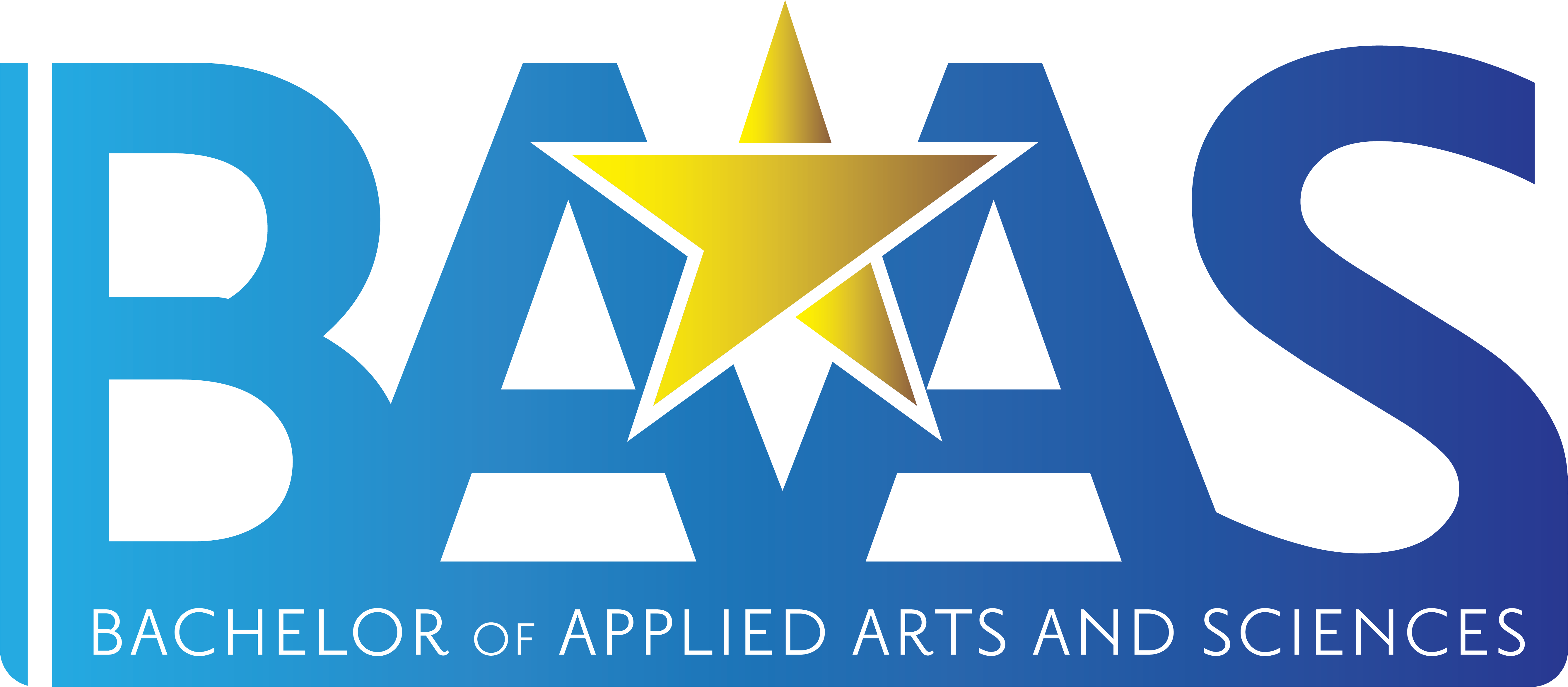Automation BAAS Degree Program
As the energy industry continues to expand in the oil rich Permian Basin, there is a consistent need for employees who are formally trained in instrumentation, automation, engineering, and programming. Most companies in the Permian Basin are moving to, or already have existing, automation systems that span hundreds of miles. With this move to automated systems, there is a consistent need for highly skilled workers to fill the automation positions.
The Bachelor of Applied Arts and Sciences Degree in Automation prepares graduates for design, development, implementation, and support of the software and equipment in control systems. Potential job opportunities for graduates include: automation, control engineering, robotics, automated systems, systems calibration, systems troubleshooting, quality engineering, and maintenance. The job need from the oil and gas industry includes positions such as electrical engineers, mechanical engineers, automation supervisors, and senior engineers for equipment. These types of positions will continue to be prolific as the industry continues to expand in the Permian Basin.
Due to the competitiveness of the program, the BAAS in Automation includes a selective entry process. To begin the admissions process, please contact BAAS@odessa.edu or call 432-335-6400.
Students must submit appropriate documentation by March 31, 2023.
BAAS Automation Admissions Guide (PDF)
BAAS Automation Application (PDF)
![]()
Mission
The students will learn the foundations of robotics with an emphasis on programming and application of articulated industrial robots. Students graduates as bachelor of Automation.
Students will design and implement safety instructions and maintenance protocols; discover and analyze the various power sources used in advanced industrial robots; evaluate and utilize the different types of robot interface systems; utilize advanced programming methods and control devices to operate robots; analyze and evaluate the types and uses of end effectors. Students will apply knowledge about automation manufacturing to evaluate and create complex automated systems; illustrate the importance of microcontrollers and automated tools as essential components on an automated system; apply the relationship of these elements as part of a whole and analyze how they interact with others in a way that allows for successful operation and continuous improvement; create and develop programs for advanced automated robotic modules and systems; analyze CAD, CAM and CNC concepts to support and improve complex automated systems.
Requirements for Bachelor of Applied Arts & Sciences (BAAS) in Automation Degree
The degree requirements are based on guidelines established by the Southern Association of Colleges and Schools and the Texas Higher Education Coordinating Board. All baccalaureate degrees contain at least 42 semester credit hours of general education courses. To qualify for the bachelor of applied arts and sciences, students must complete all of the following:
An applied arts and sciences (AAS) degree,- 42 semester credit hours (SCH) in Core Curriculum *
- Major concentration upper level coursework (as specified in each program)
- A minimum of 120 semester hours.
- A minimum average of “C” (2.0) in all work. Transfer students must also have an average of “C” (2.0) in all work taken at Odessa College.
- Discharge of all financial obligations to Odessa College prior to graduation.
*The 42 SCH of Core Curriculum is derived from the following component areas:
- 010 - Communication (6 SCH)
- 020 - Mathematics (3 SCH)
- 030 - Life and Physical Sciences (6 SCH)
- 040 - Language, Philosophy, and Culture (3 SCH)
- 050 - Creative Arts (3 SCH)
- 060 - American History (6 SCH)
- 070 - Government/ Political Science (6 SCH)
- 080 - Social and Behavioral Sciences (3 SCH)
- 090 - Component Area (6 SCH)








